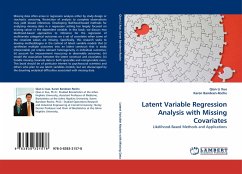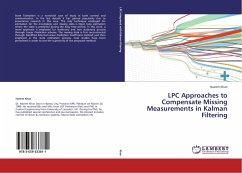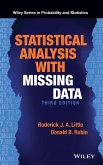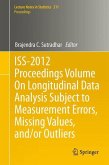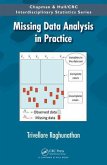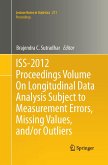Missing data often arises in regression analysis either by study design or stochastic censoring. Restriction of analysis to complete observations may yield biased inferences. Developing likelihood-based methods for analyzing missing data in a regression setting has largely focused on missing values in the dependent variable. In this book, we discuss two likelihood-based approaches to inference for the regression of multivariate categorical outcomes on a set of covariates when some of the covariate values are missing. Specifically, this research seeks to develop methodologies in the context of latent variable models that (i) synthesize multiple outcomes into an latent construct that is easily interpretable yet retains relevant heterogeneity in individual outcomes; (ii) account for measurement inaccuracy in observable outcomes; (iii) model the association between the latent construct and covariates; (iv) handle missing covariate data in both ignorable and nonignorable cases. This book should be of particular interest to psychosocial scientists and others who plan to use latent variables models, but are discouraged by the daunting analytical difficulties associated with missing data.
Bitte wählen Sie Ihr Anliegen aus.
Rechnungen
Retourenschein anfordern
Bestellstatus
Storno

